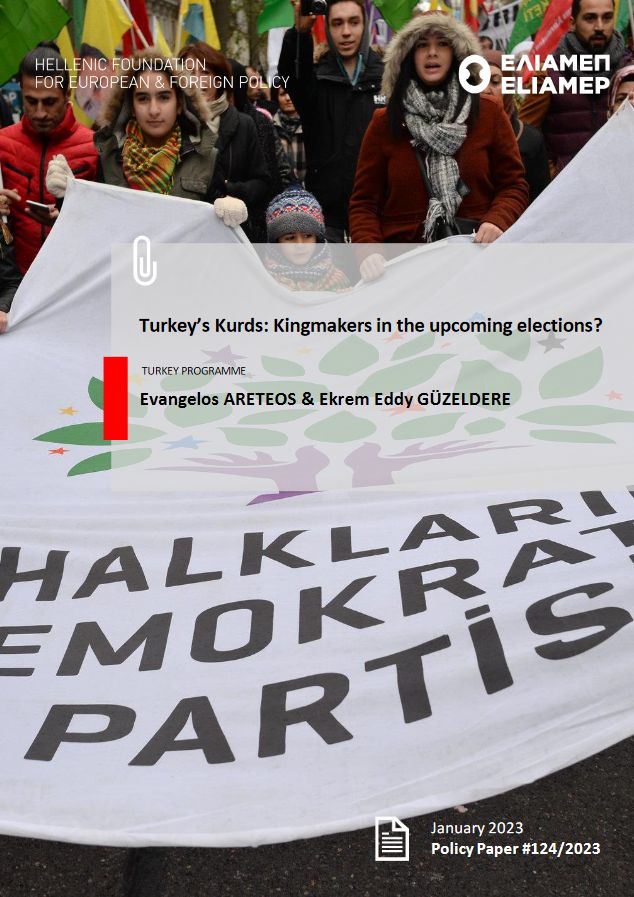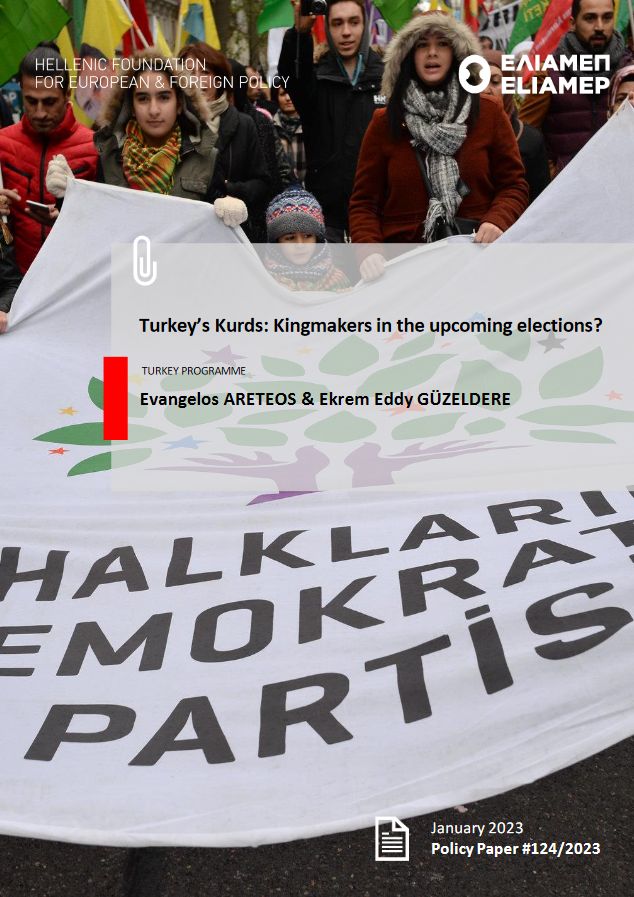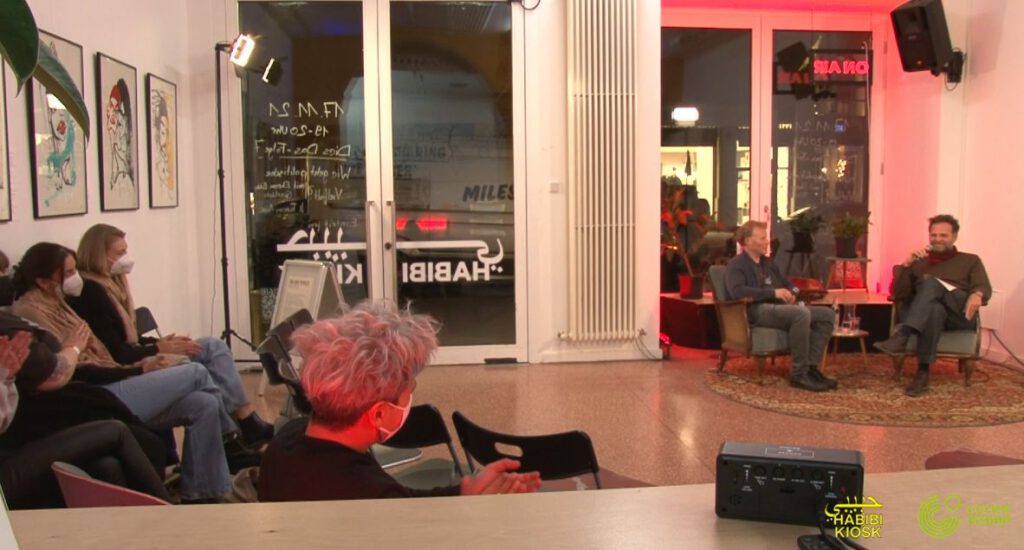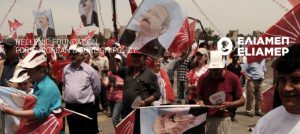Policy paper (published 26 January 2023) written together with Evangelos Areteos, about both changes in Kurdish society, especially among the younger generations and the role the Kurdish vote will play in the upcoming elections in May 2023.
pdf of the paper: https://www.eliamep.gr/wp-content/uploads/2023/01/Policy-paper-124-Areteos-Guzeldere-.pdf
Introduction
Turkey’s Kurdish population is undergoing profound societal changes characterized primarily by the dynamics of secularization and modernization. The younger generations of Kurds, mainly those born after 1981 (Generation Y) and those born after 1996 (Generation Z), have been emerging as the main recipients, but also the principal drivers, of change in the form of the urbanization and social strengthening of the middle and upper-middle classes in the main urban centers of Turkey’s Southeast.
These dynamics are having a profound impact on the traditional networks of Turkey’s Kurds and their relation to politics. The dominant trends are a gradual disaffection with the AKP among many Kurds, the slow but significant strengthening of the CHP, and a shift in the HDP’s policies toward wider democratization and beyond exclusively Kurdish interests and expectations.
Young Kurdish voters will therefore have a growing influence in future elections. Their preferences can decide elections and whose candidate wins.
Turkey has a young population, but its Kurdish component is even younger. Young Kurdish voters will therefore have a growing influence in future elections. Their preferences can decide elections and whose candidate wins. Surveys have shown that the younger generation is less conservative, more liberal on social issues and more open to voting for parties other than the AKP and HDP, which won around 90% of the Kurdish vote until now.
In what will most likely prove to be a tense and ugly election campaign, the Kurds will have to choose the lesser evil, because neither of the alliances actually offers them much. Even as kingmakers, the Kurds must still be “beggars.”
On a political scene marked since 2018 by two alliances—on the one hand, the AKP-MHP People’s Alliance, on the other, the “Table of Six” (CHP, IYI, Deva, Gelecek, Saadet, Demokrat) or National Alliance, the HDP, representing the Kurdish political movement, has been the kingmaker. Because of the AKP’s alliance with the nationalist MHP and a series of policies regarded as anti-Kurdish, the trend so far has favored the National Alliance, which could win in the 2023 presidential elections by receiving the majority of Kurdish votes. However, with more than three months still to go until the elections, both alliances will be fighting either to win the Kurdish vote or at least to neutralize it by making the Kurds abstain in large numbers. The race has just begun. In what will most likely prove to be a tense and ugly election campaign, the Kurds will have to choose the lesser evil, because neither of the alliances actually offers them much. Even as kingmakers, the Kurds must still be “beggars.”
pdf of the paper: https://www.eliamep.gr/wp-content/uploads/2023/01/Policy-paper-124-Areteos-Guzeldere-.pdf




